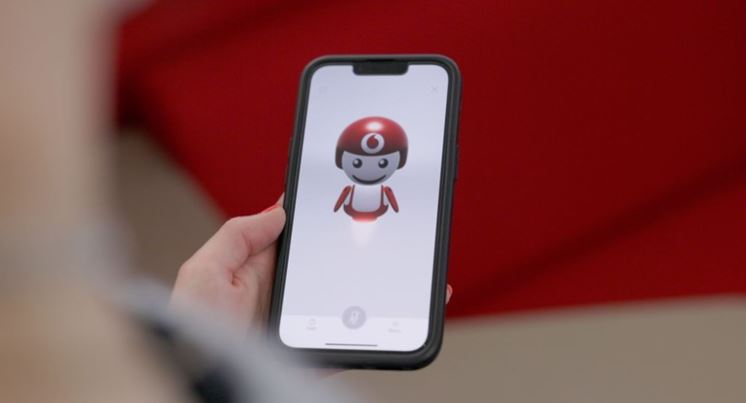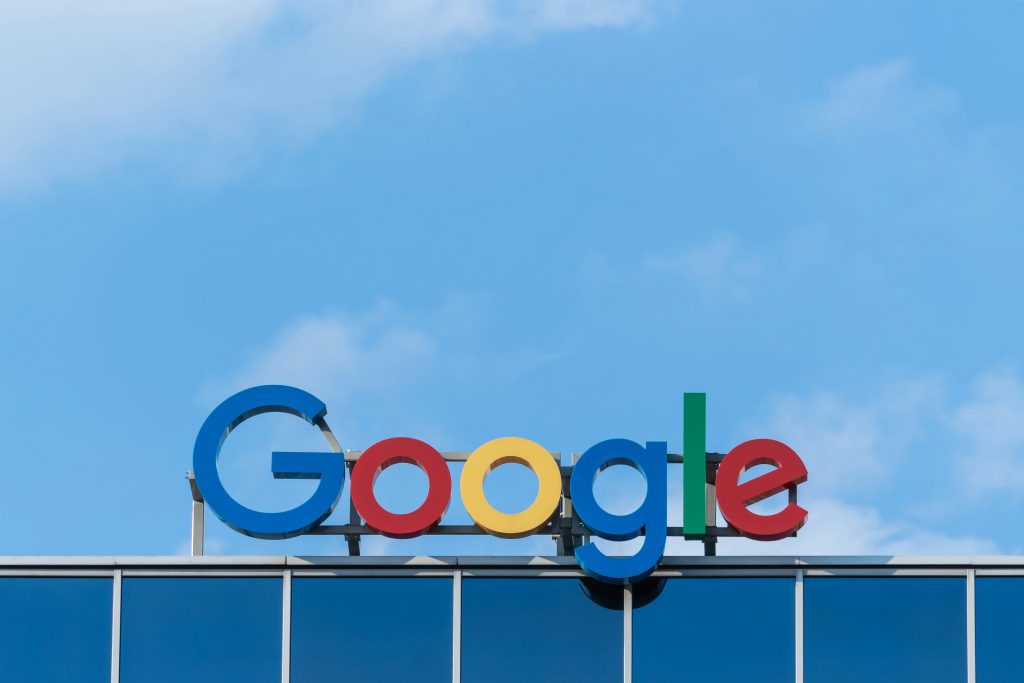Onlıne Customer Experıence ‘Revolutıonısed’ by Vodafone’s Chatbot Servıce
Thanks to its “intuitive” chatbot TOBi, Vodafone transformed its customer experience by streamlining its engagement with customers and personalising the sales journey.
Focusing on customer journey is a necessity of the era which makes a great number of brands successful. While a lot of SME’s are trying to differentiate themselves in the competition by using new technologies, big brands also uses the advantage in a great way. Vodafone through the collaboration with MMT Digital, start to use new technology which makes completing customer transaction possible by the means of chatbot from the beginning to the end. The results show that this new technology helped to improve customer completion rates and satisfaction. Furthermore, The artificial intelligence assistant has also boosted conversion rates by making the sales two to three times faster than the traditional website.
Vodafone came with this project by using the insights of its customers. Vodafone realised that a significant number of potential SIM-only customers were dropping out during the check-out process. At this point, it should be said that it is really important to read your customers’ opinions, your weaknesses and problems to solve them.

When we look into features of Vodafone’s new chatbot you will face with rich content. To help customers better and decrease the rate of sales lost because of the complications of the process, the technology was developed with several different conversations to pre-empt possible questions and pain points, each of which was tested across a variety of users and refined at each step of the process. TOBi helps customers on selecting a SIM-only plan, answering queries and suggesting suitable products and offers along the way. Distinctly from the other chatbots, TOBi also has answers for jokes and insults.
All of these features not only helped Vodafone to reduce the time it takes for the completion of the process and increase the sales it has also a business impact which helped improve brand scores. According to Net prompter score, while the brand score is 60 for website users, for TOBi users brand score reaches 80.
All these scores and data is just the early birds of this successful transformation. Obviously, Vodafone will gain more than these in progress of time. In addition, these results motivate the other brands to focus on customer journeys more which is one of the biggest issues of the new digital age.
İLETİŞİME GEÇİN
Adres
TÜRKİYE
Nida Kule Güney Barboros Mah. Mor Sümbül Sk.
No:7/3F D:12 Ataşehir / İstanbul
UNITED KINGDOM
Suite 314, Ashley House, 235-239 High Road
Wood Green /
London N22 8HF United Kingdom
info@bgapartners.com.tr
newbusiness@bgapartners.com.tr
ik@bgapartners.com.tr
hr@bgapartners.co.uk
telefon
+90 216 372 72 57
Copyright © 2024 BGA+ Partners





